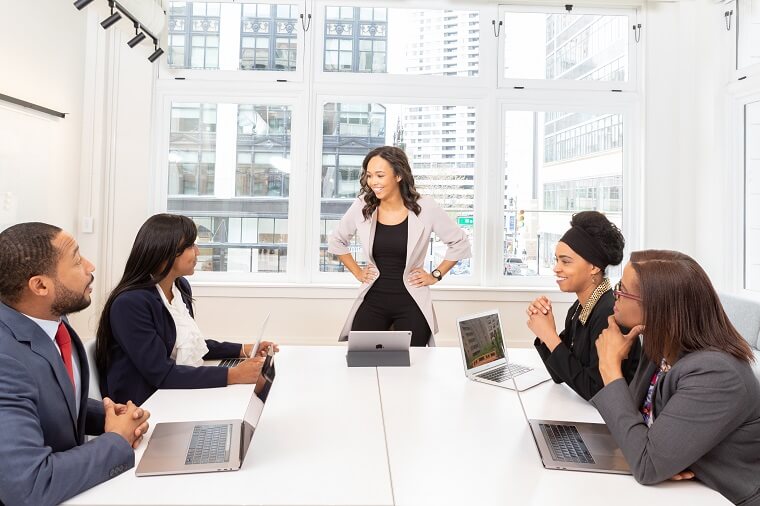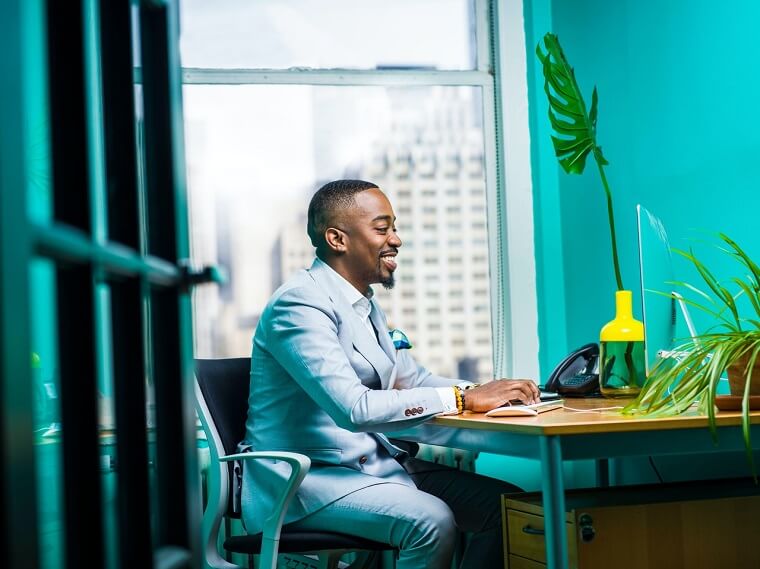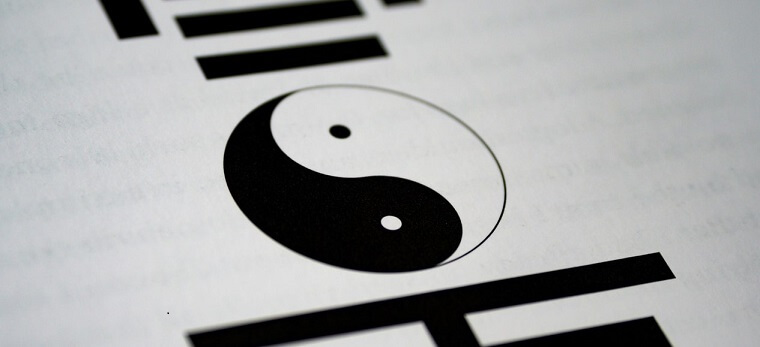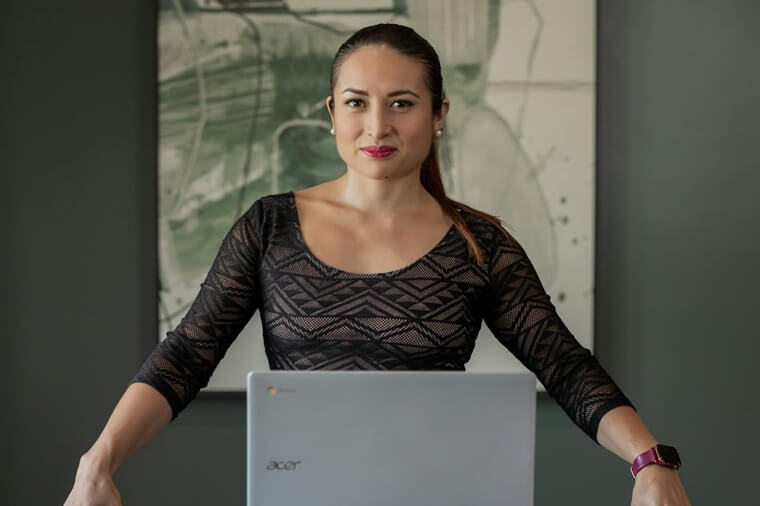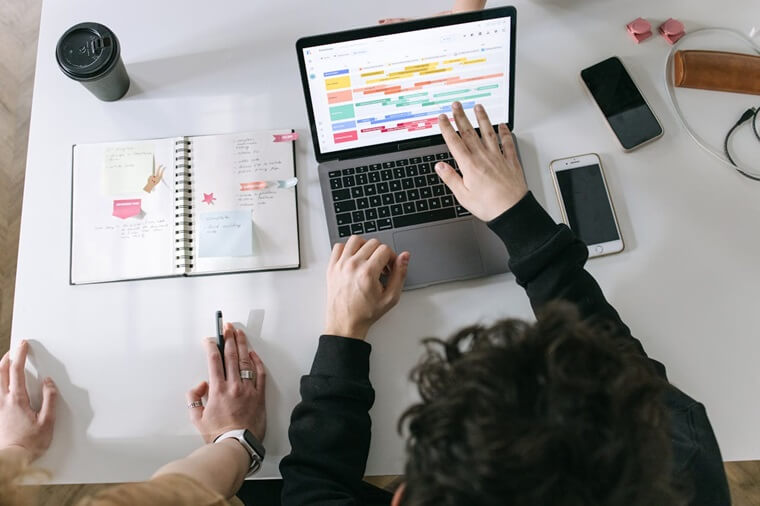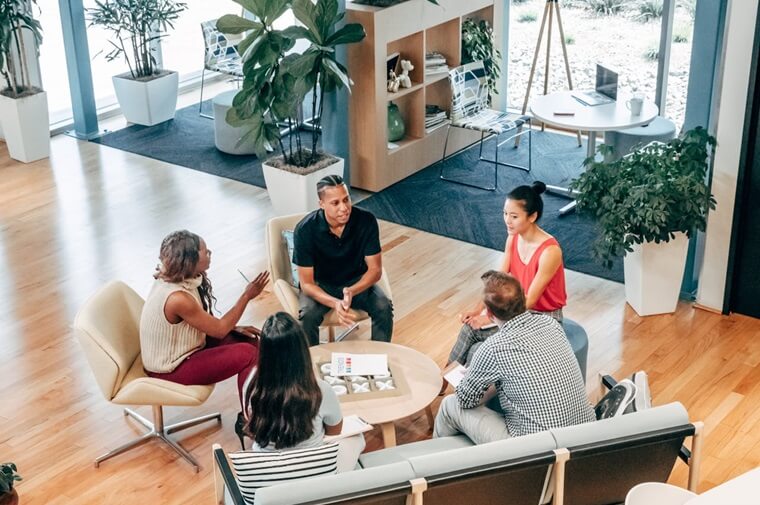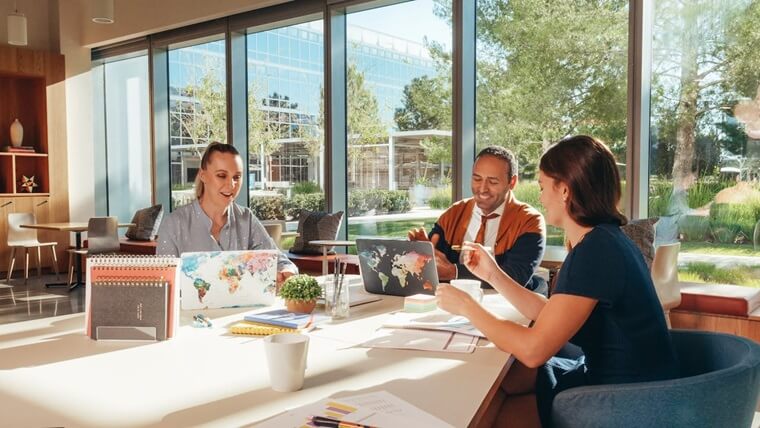Leadership Voice:
Gabriela Aguilar
HR Manager, World Connection
If our shared human experience has taught me anything, especially during the first year of the pandemic, it’s that the only way to cope and evolve is by making a conscious decision to accept uncertainty.
In March 2020, little did I know what was about to unfold for our planet. I remember that when Guatemala’s president announced the closing of borders, airports, restaurants, concerts, and religious gatherings, I thought, “We must prepare because this could last between 30-60 days.”
There, without even noticing, my mind had set an expectation. Later, I overheard my children saying that adjusting to this pandemic would last about two years for humanity, but that our interactions as we knew them were never coming back. They were more open to receive uncertainty than I was.
Three years prior, I had joined a personal transformation program in which my teacher taught me how to create awareness when the mind kidnaps the present moment. While it requires practice and discipline, over time (and not on every occasion) I was able to create space between a situation and my thoughts, feelings, or emotions. A kind of “pause” began to emerge from within. I noticed that rather than reacting abruptly, I could name what I was experiencing and just be.
My family has also been primary teachers in my life. They have taught me to be open for transformation and shown me unconditional love thru acceptance and how to ignite acts of kindness.
There we were experiencing our first pandemic together as a unit; a team.
When defeat, chaos, or anxiety came for a visit at home, we decided to welcome them without resistance, knowing that a form of suffering arises when we want to change the current situation we experience. We therefore used acknowledgement as a tool to share what we felt, sensed, or thought with a non-judgmental attitude — making an effort to name what we were going through. We began to experience more kindness and acceptance towards ourselves and each other.
So much has changed since then. We are on the verge of the first anniversary since that moment. After a decade of being a stay-at-home mom, virtual public speaker, and part-time consultant, I was becoming a full-time employee working on-site as a leader in the contact center industry.
In October 2020, I joined World Connection in Human Resources, or, as I like to call it, the Talent Support Center. I listened and observed how the pandemic had affected several aspects of our coworkers’ daily interactions. The most obvious one for me was communication.
I tried to implement mindfulness techniques with the HR Team, so we could have a tool available to cope with stress and anxiety levels, but I was quickly asked to stop. It is not uncommon that when we feel so much pressure, the last thing we want is to cultivate breathing and patience. So, I decided that the best way to interact between colleagues would be to apply the same simple method we applied at home: kindness.
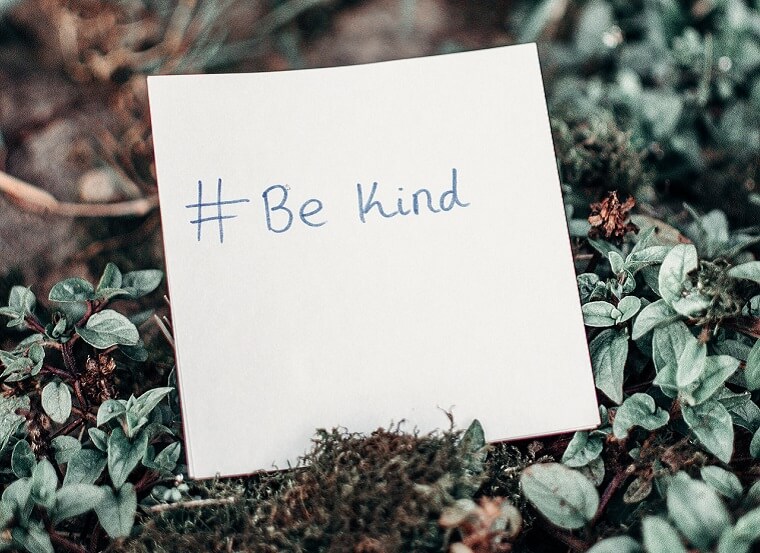
Based on its concept definition, kindness is a difficult trait to measure, especially in the workplace. Corporate leaders rarely accept it as part of an HR Strategy. How could managers audit or prove that being kind to one another reduces attrition or impacts profitability? The bigger question is should you measure it?
Here is the paradox: Being a personal choice-response or decision-in-action principle, first one should assess the motive behind the will to measure kindness. Does your inherent motivation to mold employee behavior come from the “sincere use of one’s resources to better the lives of others thru genuine acts of service?” Kindness is more of a subjective verb. It could run like grains of sand through our hands; dissolving in the act when trying to make tangible.
In her 2018 book, The Fearless Organization, Amy Edmondson describes three steps you can take to build psychological safety in the workplace: Setting clear goals, creating a space where everyone knows that leaders want to listen to their team, and allowing people to know that it is okay to fail. These, for me, set the foundation to build trusting relationships. Learning to listen to others’ needs requires skill. It can be developed, if there is a will to discover it, and to do so, kindness must fit into the equation — towards yourself first. Having acts of compassion for ourselves can help us tap new levels of personal development.
Inevitably, emotions and feelings will arise while interacting with others; from frustration, anger, sadness, or indifference to love, compassion, and joy. We are bound to feel. The challenge is to cultivate and develop the awareness of external circumstances so that we actively choose to respond with kindness rather than being hijacked by our reactions.
Especially during these times of uncertainty, where we are not capable of determining how this epidemic has affected each individual, leaders and team members who have their basic needs covered can overcome their personal obstacles and reach out to help others feel valued within the organization.
So, in your next interactions with yourself or each other, you may ask internally: “How have I showed kindness today?”
About the Author
Gabriela Aguilar joined World Connection as HR Manager in 2020 with ten years’ professional experience in areas such as Human Resources, Recruitment, and Talent Acquisition in the Telecommunications and BPO industry. Her studies in Clinical Psychology, Mindfulness, Disruptive Thinking, and Systemic Human Dynamic make her uniquely qualified to lead us and speak on this subject.

